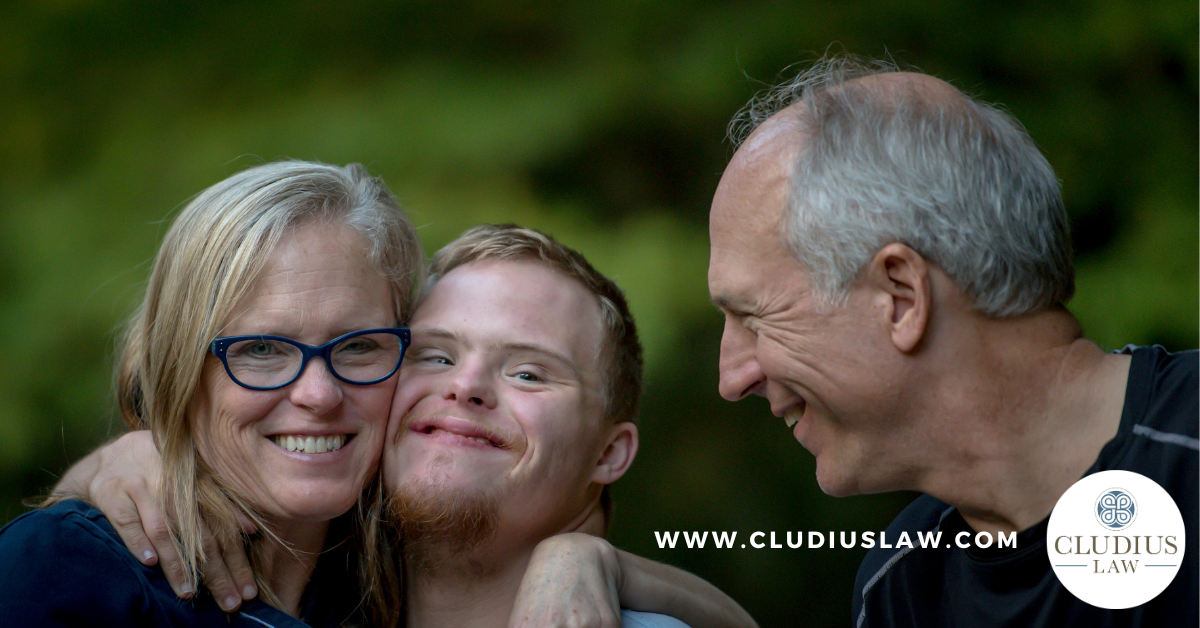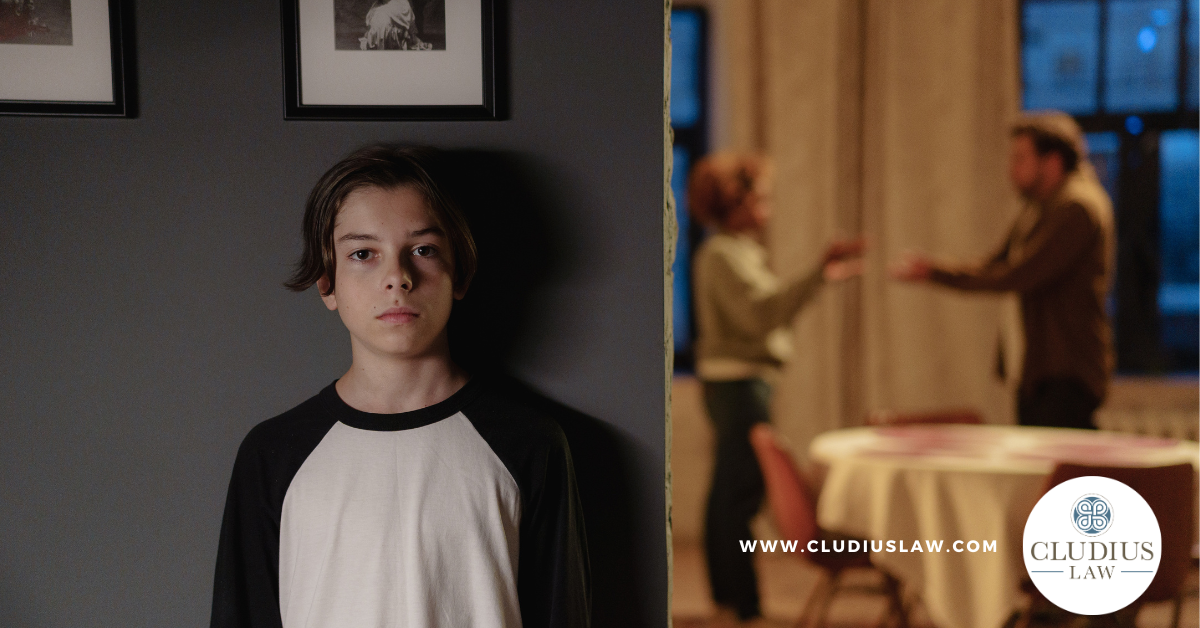Guardianship and Conservatorship: A Guide for Parents of Children with Special Needs

As a parent or caregiver of a child with special needs, it’s essential to consider the future and plan for a time when you may no longer be able to make decisions for them. Guardianship and conservatorship are legal arrangements that can provide your loved one the necessary support and protection, and in this article, I’ll explain the differences between the two roles, how to pick the right people to act in your absence, and what the process looks like.
Understanding Guardianship and Conservatorship
Guardianship and conservatorship are distinct legal terms, but they often go hand-in-hand. A guardian is a person appointed by the court to make personal decisions for another individual, such as where they will live, what medical care they will receive, and who will be their legal representatives. On the other hand, a conservator is responsible for managing another individual’s financial affairs.
When might you need a guardian and conservator for your child? Here are some examples:
Disability or incapacity: If your child has a disability or becomes incapacitated due to illness or injury, they may need someone to make decisions on their behalf.
Minority: If your child is a minor, they will need a guardian to make decisions until they reach the age of majority (usually 18).
Inability to make decisions: If your child cannot make decisions for themselves due to mental or physical limitations, a guardian and conservator can ensure their well-being.
If your child is an adult, you will likely need to initiate the process so you can continue your child’s care. However, one day, you will be gone, and you’ll want to ensure your child will be supported by the best people in your absence.
Choosing the Right Guardians and Conservators
If or when it becomes necessary for someone else to apply for guardianship and conservatorship over your child, know that you don’t have to default to family members. If you need to, think outside your immediate family to find the right people. Here are some factors to consider:
Relationship: Choose individuals who have a strong relationship with your child and who you trust to make decisions in their best interests.
Reliability: Look for individuals who are reliable, responsible, and capable of handling the responsibilities of guardianship and conservatorship.
Availability: Ensure that the individuals you choose have the time and availability to fulfill their duties.
Legal knowledge: While legal knowledge is not always necessary, it can be helpful if the guardians or conservators understand the legal implications of their role.
When you create a Life & Legacy Plan with me, I will help you choose the right people for your child, and then we’ll document your wishes so that after your death, people know who you would want to support your child. I recommend that you have an open discussion with these people first so they know what to expect and are equipped to handle the responsibilities. And as a Personal Family LawyerⓇ with a special needs planning focus, I can help facilitate these conversations. My goal is to ensure your child’s stability and your peace of mind, knowing your child will be cared for by the people you want in the way you want, when you’re no longer able to.
The Guardianship and Conservatorship Process
Whether you or someone else needs to gain guardianship or conservatorship over your child, know that it will involve a court process. The court process varies from state to state, but one thing that all states have in common is that a judge will make the final decision.
I invite you to think about this fact for a minute. A judge is a complete stranger to you, your child and your family – and so unaware of your family dynamics. The judge may or may not make the decision you’d want. But if you’ve documented your wishes in a Life & Legacy Plan, the judge will benefit from your input, which is powerful and would likely inform the judge’s decision.
Here’s what the court process generally looks like, step by step:
Petition: You or another interested party will need to file a petition with the court requesting the appointment of a guardian and/or conservator.
Notice: The court will send notice to the proposed ward (your child), their spouse (if applicable), and any other interested parties.
Hearing: A hearing will be held to determine if guardianship and conservatorship are necessary and to appoint the appropriate individuals.
Order: If the court grants the petition, an order will be issued appointing the guardians and conservators.
Anytime you go through a court process, it can feel overwhelming and may even be time-intensive or expensive. There’s a lot of legal jargon that will be unclear, rules that need to be followed, and documents that need to be completed correctly. It may even be scary to testify or speak before a judge. Not to mention, if more than one person comes forward to gain guardianship or conservatorship over your child, there will likely be conflict you’re unequipped to handle.
Since your child’s well-being is at stake, you don’t want to make any errors. Know you do not need to navigate this process alone. I am here to help guide you through it so you get the outcome you want efficiently, at as little financial cost as possible, and with as little impact on your child as possible.
Guardianship and conservatorship are essential tools for protecting the rights and interests of individuals with special needs. By planning ahead and choosing the right guardians and conservators, you can ensure that your loved one receives the care and support they need.
How I Help You Secure Your Child’s Future
Raising a child with special needs brings unique joys and challenges, and planning for their future can feel like an enormous task. As we discussed above, establishing guardianship and conservatorship is essential to ensuring your child’s well-being when you can no longer make decisions for them. As a Personal Family Lawyer® firm, we take a compassionate, personalized approach to estate planning, guiding you through every step of the process to help you choose the right guardians and conservators then document your wishes in a comprehensive Life & Legacy Plan. This proactive planning provides the peace of mind that your child will be cared for by the people you trust, in the way you want, for the rest of their life.





